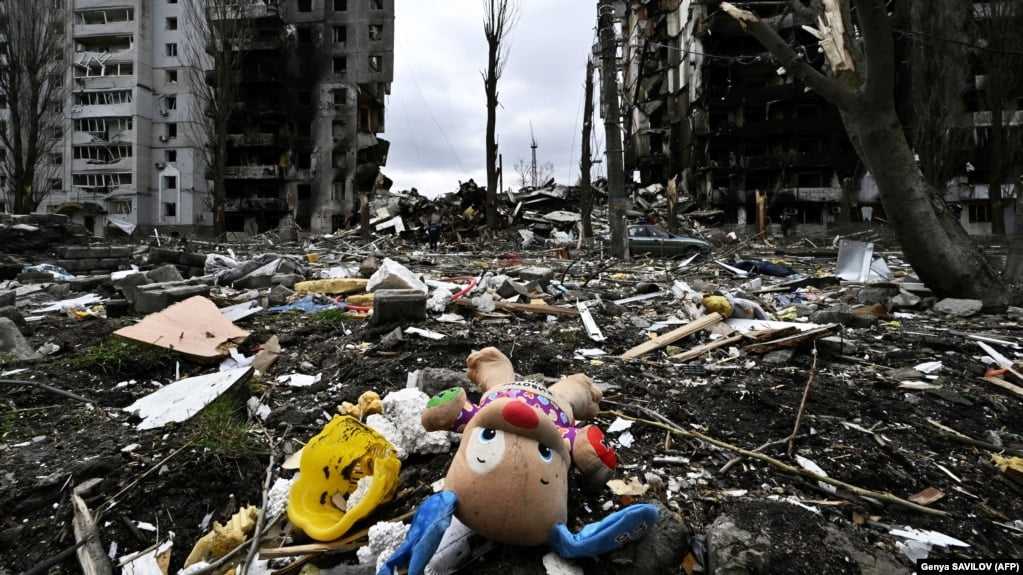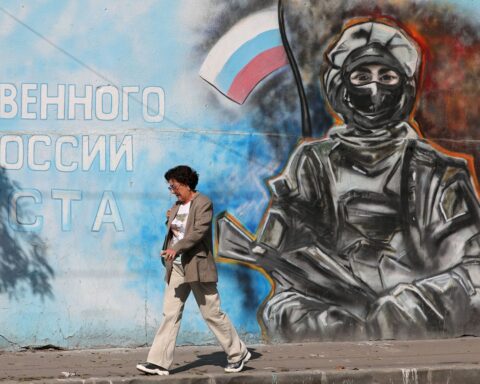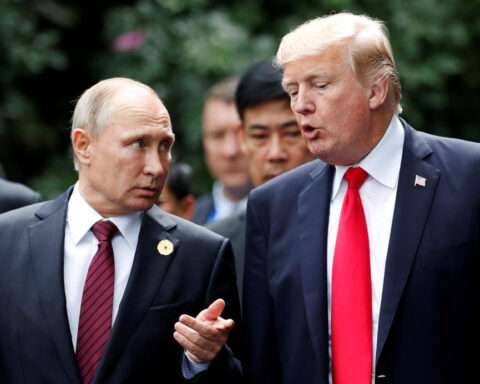The U.S. State Department has said that the Biden administration is discussing new economic measures to penalize Russia for its invasion of Ukraine after two U.S. senators introduced legislation to label Russia a state sponsor of terrorism.
State Department spokesman Ned Price said on September 14 the department was discussing “analogous measures” to impose on Russia in place of those carried by a state sponsorship of terrorism designation.
Price made the comments after Senators Richard Blumenthal (Democrat-Connecticut) and Lindsey Graham (Republican-South Carolina), who have been advocating for the state sponsor of terrorism designation for months, introduced their legislation.
Price noted that President Joe Biden last week said he would not approve of such a designation. The White House said the consequences could delay food exports to parts of war-torn Ukraine and jeopardize deals to move goods through the Black Sea.
“We have to take into account the consequences, both the intended and the unintended. And that has led us to the approach we’ve taken here,” said Price.
He said the State Department was engaging with Congress “on tools that would continue to have analogous implications for the Russian economy, for the Russian government, that would not have those unintended consequences.”
Ukrainian President Volodymyr Zelenskiy has called on the West to label Russia a terrorist state, citing several deadly attacks on facilities like shopping centers and railway stations that killed numerous civilians.
Blumenthal and Graham held a news conference on September 14 to announce the introduction of legislation that would label Russia a state sponsor of terrorism.
“The need for this measure is more pressing now than ever before,” Blumenthal said, citing the killings of civilians and other “brutal, cruel oppression” in Ukraine since Russia’s invasion.
Graham said the designation would send a strong signal of support for Ukraine and to U.S. allies. He said it also would impose penalties on Russia and tightening sanctions.
It was not immediately clear when or whether their measure might come up for a vote.






